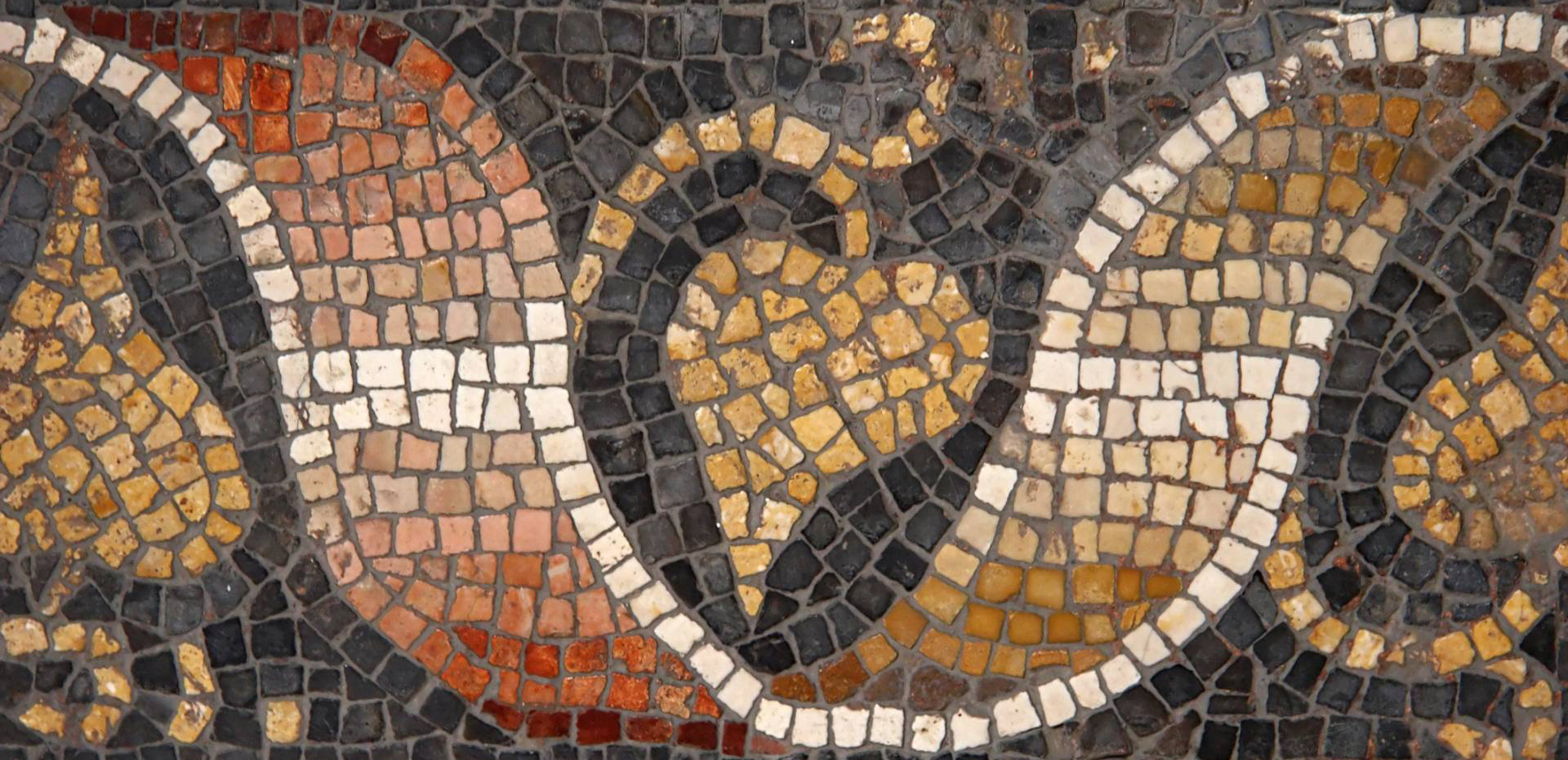AISB Newsletter – Dicembre 2021
SOMMARIO
A. EVENTI
[1] DUMBARTON OAKS EXHIBITION: “LASTING IMPRESSIONS: PEOPLE, POWER, PIETY” (23.11.2021-11.2022)
[2] CONFERENCE: “CONSTRUCTING AND USING CHRISTIAN BUILDINGS DURING EARLY ISLAM: INTERCONNECTED APPROACHES TO THE CHURCH IN THE MEDITERRANEAN AND THE MIDDLE EAST (7TH-9TH C.)” (ROME, 24-26.11.2021)
[3] VIRTUAL CONFERENCE: “GREEK ISLANDS UNDER THE CONTROL OF WESTERN RULERS (13TH-15TH C.). SEARCHING FOR THEIR IDENTITY THROUGH THEIR PATRONAGE” (03-04.12.2021)
[4] GIORNATA DI STUDI: “OSPITALITA’. POLISEMIA E PRASSI DELL’ACCOGLIENZA NELLA SICILIA TARDOANTICA E MEDIEVALE” (PALERMO, 09.12.2021)
[5] 5TH PAREKBOLAI SYMPOSIUM: “SELF-PORTRAIT IN BYZANTINE LITERATURE” (ON LINE, 10.12.2021)
[6] DUMBARTON OAKS SYMPOSIUM: “BYZANTINE MISSIONS: MEANING, NATURE, AND EXTENT” (DUMBARTON OAKS, WASHINGTON, D.C., 29-30.04.2022)
[7] 2nd “MARK16” CONFERENCE: “THE TRANSMISSION OF MARK’S ENDINGS IN DIFFERENT TRADITIONS AND LANGUAGES” (ON LINE, 02-03.06.2022; REGISTRATION DEADLINE: 30.05.2022)
[8] SUMMER SCHOOL IN “ARABIC CODICOLOGY: THE ISLAMIC MANUSCRIPT HERITAGE IN THE EL ESCORIAL COLLECTION” (MADRID, 06-10.06.2022)
[9] CONFERENCE: “STUDYING WRITTEN ARTEFACTS: CHALLENGES AND PERSPECTIVES” (HAMBURG, 27-29.09.2023): CALL FOR PAPERS (SUBMISSION DEADLINE: 01.06.2022)
B. PUBBLICAZIONI
[1] ARABATZIS, G., “ANTI-HUMANISME ET DISCOURS INSTITUTIONNEL A’ BYZANCE: LE CAS KEKAUMENOS” (2021)
[2] BUCOSSI, A. – D’AMELIA, L. (EDS), “NICETAS THESSALONICENSIS, DE PROCESSIONE SPIRITUS SANCTI” (2021)
[3] CATALDI PALAU, A., “THE ANGELA BURDETT-COUTTS COLLECTION OF GREEK MANUSCRIPTS” (2021)
[4] GIGLI, D. (ED.), “GIOVANNI DI GAZA, TABULA MUNDI” (2021)
[5] “MEDIOEVO GRECO” 21 (2021)
[6] TAXIDIS, I. – NIKOU, D. – CHRISOSTOMIDIS, I., “THE EKPHRASEIS IN THE LITERATURE OF THE PALAEOLOGAN ERA” (2021)
C. NOTIZIE
[1] REGULAR FELLOWSHIPS / ANAMED – KOC UNIVERSITY RESEARCH CENTER FOR ANATOLIAN CIVILIZATIONS (APPLICATION DEADLINE: 15.12.2021)
[2] POSITION: RESEARCHER IN COPTIC STUDIES / MUENSTER (APPLICATION DEADLINE: 24.12.2021)
[3] MAINZ: 6 POSITIONS IN CLASSICAL STUDIES / BYZANTINE STUDIES / ARCHAEOLOGY, ETC. (APPLICATION DEADLINE: 03.01.2022)
[4] CAMBRIDGE / CORPUS CHRISTI COLLEGE: STIPENDIARY EARLY-CAREER RESEARCH FELLOWSHIP IN MODERN AND MEDIEVAL LANGUAGES; CLASSICS; LINGUISTICS; ASIAN AND MIDDLE EASTERN STUDIES (APPLICATION DEADLINE: 06.01.2022)
[5] HAMBURG UNIVERSITY / CENTRE FOR THE STUDY OF MANUSCRIPT CULTURE: J.P. GUMBERT DISSERTATION AWARD 2021 (APPLICATION DEADLINE: 08.01.2022)
[6] AMERICAN ACADEMY OF ROME / ITALIAN FELLOWSHIPS (APPLICATION DEADLINE: 10.02.2022)
[7] BROWN UNIVERSITY – PROVIDENCE, RHODE ISLAND / DEPARTMENT OF CLASSICS: MELLON/INTERNATIONAL HUMANITIES POSTDOCTORAL FELLOWSHIP IN CRITICAL CLASSICAL RECEPTION (APPLICATION DEADLINE: 11.02.2022)
[8] RAFFAELLA FARIOLI (+ 2021): IN MEMORIAM
[9] ANNA MESCHINI PONTANI (+ 2021): IN MEMORIAM
[10] ADRIANA PIGNANI (+ 2021): IN MEMORIAM
